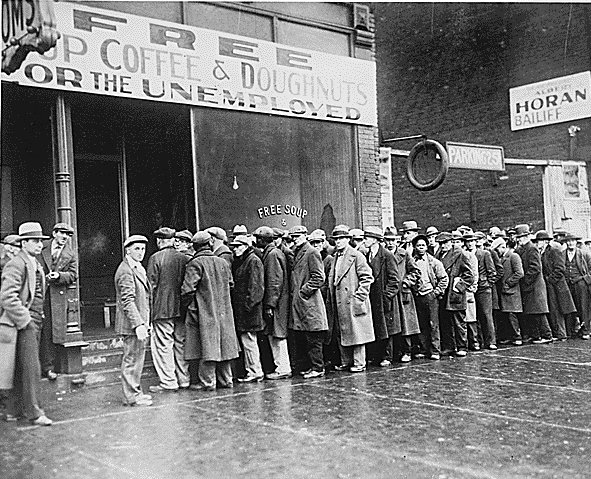
I read an article, Shedding Old Rivalries and Pulling Together, about two different ethnic groups unified together in the face of adversity. Chicago has many interesting neighborhoods, with a large mix of people. In one such neighborhood specifically, on the corner of Western and Devon Avenues, about 200,000 Indian and Pakistani Chicagoans live and work side by side. While Indian and Pakistan have a rivalry over land in between their two countries, the Kashmir Valley, these Chicagoans of Indian and Pakistani descent are according to the article, unified in the face of the slumping economy. Many of the inhabitants of this neighborhood make a living selling electronics, telling fortunes, and driving taxis. However, with the downturn of the economy, tons of the residents have lost their jobs. Instead of arguing and fighting against each other over headlines involving the Kashmir Valley, Quoted in the article, Anwar Rajput said, "We discuss how we are going to pay our bills, kids, family. Of course, we talk about politics, both here and there. But what is everybody concerned about? The economy."
In times of adversity, people join together, putting aside their differences, at least in this neighborhood on the
North Side. But after reading the article, my question was: when the economy gets better, will these residents or any group of people/small business owners/workers that have been united because of a common fear, continue to work and live in solidarity? Does it really take everyone being on the same page, struggling with the same weakness, for there to be this comradeship? The economy unified two rival groups of people, but without this universal struggle, will their still be a union?
Picture from: http://www.ssa.gov/history/pics/acoffee.jpg
No comments:
Post a Comment